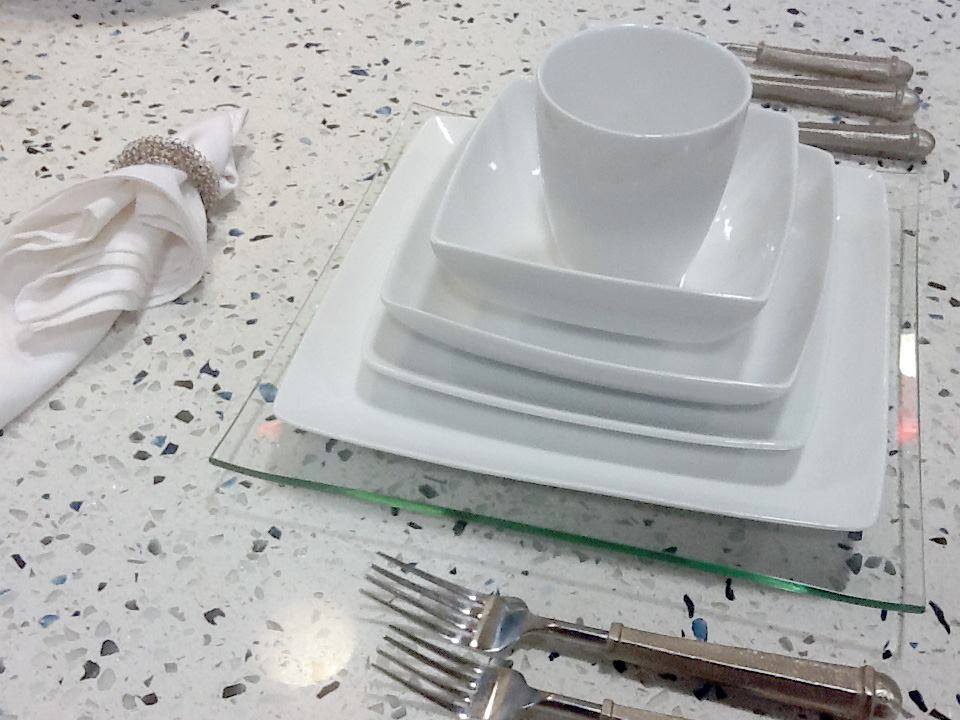Apr
25
2016
25
2016
Which Is Easier to Take Care of: Granite or Quartz Countertop?

Which Is Easier to Take Care of: Granite or Quartz Countertop?
Slab counter tops such as granite or quartz are used in many kitchen designs. These polished counters offer many positives to the homeowner, such as under-mount sinks, sleek designs and natural colors. Because kitchen counters get a lot of use, make sure you understand what taking care of your counter will entail before you buy it. Some counters are easier to care for than others; make a decision based on your maintenance habits in addition to design.
Granite Counters
· Granite counter tops are made entirely of natural stone material. There are several stones on the market sold as "commercial granite," all of which contain varying quantities of mica, quartz, feldspar and silica.Granite counters have natural pits and fissures in their surfaces and are porous, meaning they absorb liquids. Lighter-colored granites are more likely to absorb liquids and show stains than darker granites, but all must be protected to some degree to help prevent damage.
Depending on the piece of stone itself, it may be more or less difficult to clean and may require sealing once or several times a year.
Quartz Counters
· Quartz counter tops are a man-made product, not to be confused with quartzite counter tops, a natural stone. Quartz counters are made from 93 to 99 percent natural stone that has been crushed and mixed with resins and pigments. The resins, or plastics, that are mixed with the crushed stone provide a completely smooth, non-porous surface. There are no pits, fissures or pores in the surface of a quartz counter top.Despite the small amount of plastic in their construction, quartz counters are burn proof, scratch proof and extremely stain resistant. They do not require special sealers or care.
Granite Maintenance
· Granite counters need to be sealed regularly. Some stones require sealing as many as four times a year, while others require sealing only once a year. Test your stone regularly to see if it needs sealing by placing some water on its surface for an hour. If the stone darkens, it needs to be sealed.Wipe up spills on granite immediately to prevent etching of the surface or staining of the stone. Wash granite with mild soap and water and rinse it well, or use a granite cleaner. Because granite can harbor bacteria, use disinfecting wipes made for granite counters during the clean up process regularly.
Quartz Maintenance
· Quartz counters are virtually maintenance free. They are non porous and do not require sealing. They have no pits or fissures to trap food or bacteria and can be cleaned with anything without fear of removing the finish.Take the time to dry quartz counters with a polished finish after washing them to prevent water spots from drying on the surface. Otherwise, use any cleaners or regular soap and water on the surface as part of your regular kitchen clean up and maintenance.
Quartz counter tops are easier to maintain than granite. Choose quartz if maintenance is a concern; both products are comparable in price and beauty.